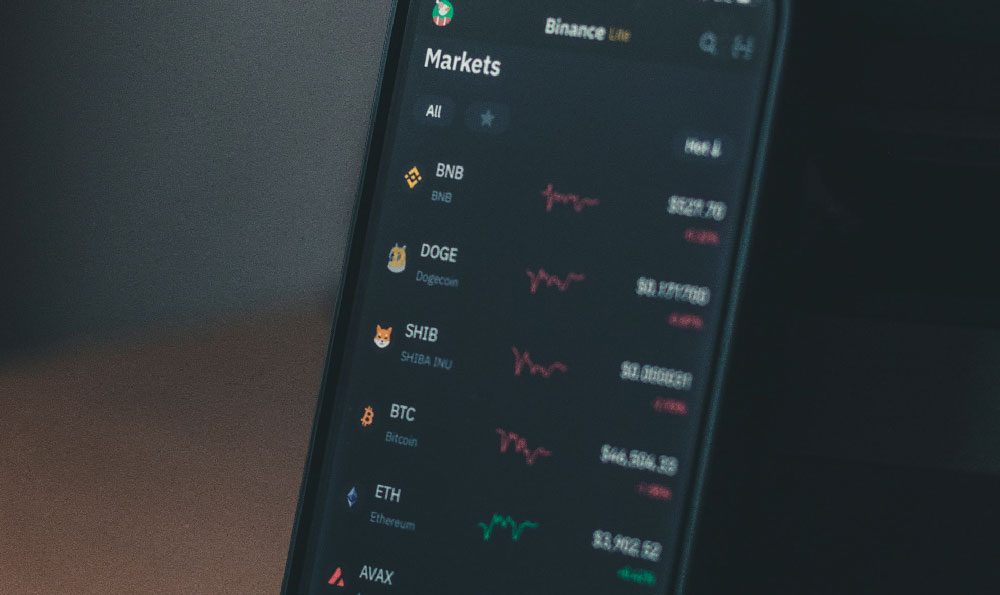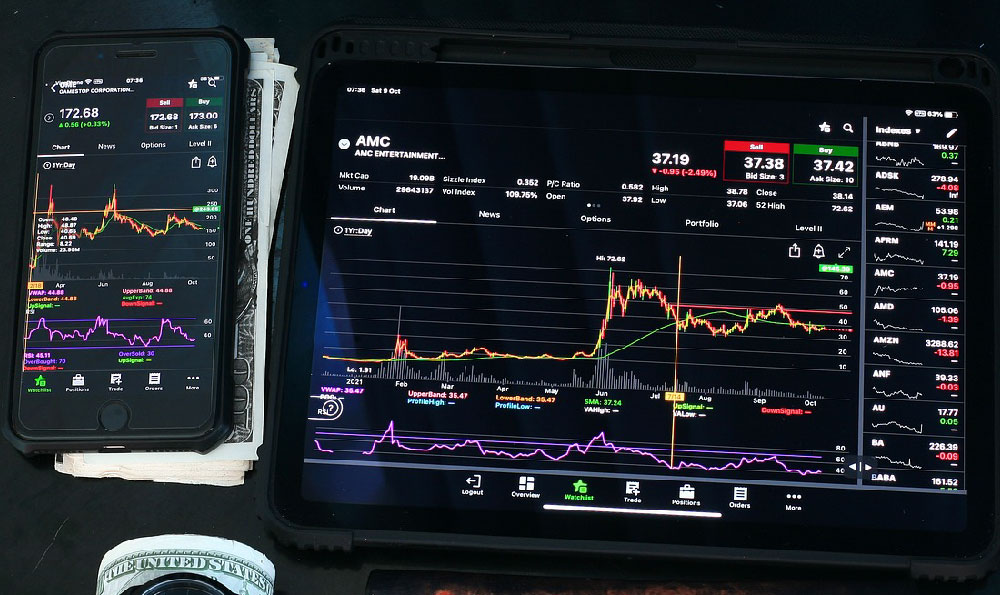Okay, I'm ready. Here's an article responding to the question, "How Do Podcasts Generate Revenue & What Are Their Income Streams?"
The world of podcasting has exploded in recent years, transforming from a niche hobby into a vibrant and increasingly lucrative media landscape. With millions of listeners tuning in regularly, the question naturally arises: how do podcasters actually make money? Understanding the various revenue streams available is crucial for both aspiring creators looking to monetize their content and businesses considering podcasting as a marketing or branding avenue. The podcasting landscape offers a diverse toolkit of monetization strategies, allowing creators to tailor their approach to their specific audience, content format, and overall goals.
One of the most common and readily accessible ways podcasts generate revenue is through advertising. This typically involves incorporating audio ads into the podcast episodes, either read by the host (host-read ads) or pre-produced by advertisers. The revenue model generally falls into two categories: CPM (Cost Per Mille, or cost per thousand impressions) and CPA (Cost Per Acquisition). CPM means the advertiser pays a set amount for every thousand downloads or listens an episode receives. The CPM rate can vary widely depending on factors such as the podcast's niche, audience demographics, listener engagement, and the negotiating power of the podcaster or their advertising network. Niches with highly desirable demographics for advertisers, like business, technology, or health and wellness, often command higher CPMs. CPA models are less frequent but involve the podcaster earning a commission or fixed fee for each specific action taken by a listener, such as visiting a website, making a purchase, or signing up for a service, using a specific code or link provided within the podcast. Host-read ads tend to be more effective as they leverage the host's credibility and relationship with their audience, resulting in higher conversion rates. Larger podcasts may work directly with advertisers, while smaller or newer podcasts often join advertising networks that connect them with potential sponsors. Advertising revenue offers a relatively straightforward path to monetization, particularly for podcasts with a consistently growing audience.

Beyond traditional advertising, sponsorships represent another significant income stream. Sponsorships differ from advertising in that they involve a more integrated and long-term partnership between the podcaster and the sponsor. Instead of simply running ads, sponsors may have a more prominent role in the podcast, such as being mentioned in the introduction, providing exclusive content for listeners, or even co-creating episodes. Sponsorship deals are typically customized and can involve various forms of promotion, including social media mentions, website placements, and appearances at events. The value of a sponsorship depends on factors like the podcast's reach, audience demographics, the sponsor's objectives, and the length of the agreement. Building strong relationships with potential sponsors is key to securing lucrative sponsorship deals. It requires understanding their target market, aligning the podcast's content with their brand values, and demonstrating the value proposition of reaching the podcast's audience.
Affiliate marketing provides another avenue for generating revenue by promoting products or services through unique affiliate links. Podcasters earn a commission for every sale or lead generated through these links. This approach works best when the promoted products or services are relevant to the podcast's content and audience. For example, a podcast about productivity could promote productivity software or tools, while a podcast about cooking could promote kitchen gadgets or ingredients. Successful affiliate marketing requires transparency and authenticity. Podcasters should clearly disclose their affiliate relationships to their listeners and only promote products or services they genuinely believe in. Building trust with the audience is crucial for driving conversions and maintaining credibility.
Moving beyond direct advertising and promotion, selling merchandise can be a viable income stream, particularly for podcasts with a dedicated fanbase. Merchandise can range from branded apparel and accessories to mugs, stickers, and other items featuring the podcast's logo, artwork, or catchphrases. The success of merchandise sales depends on the strength of the podcast's brand, the quality of the merchandise, and the effectiveness of the marketing efforts. Platforms like Teespring, Redbubble, and Printful make it easy for podcasters to design and sell merchandise without having to manage inventory or shipping.
Furthermore, many podcasters are now turning to subscription models and membership programs to generate recurring revenue. These models offer listeners exclusive content, early access to episodes, ad-free listening experiences, bonus materials, or access to a private community in exchange for a monthly or annual fee. Platforms like Patreon, Memberful, and Supercast provide tools for managing subscriptions and engaging with members. Building a successful subscription model requires providing valuable content and experiences that justify the subscription fee and fostering a strong sense of community among members.
Donations represent a simpler form of direct support from listeners. Platforms like PayPal, Buy Me a Coffee, and Ko-fi allow listeners to easily donate to their favorite podcasts. While donations may not generate a substantial income for all podcasts, they can provide a valuable source of support, particularly for independent creators. Regularly reminding listeners of the opportunity to donate and expressing gratitude for their support can help encourage donations.
Expanding the scope of podcasting, we also see some podcasters venturing into live events and workshops. These events can provide a unique opportunity for listeners to connect with the podcasters and other members of the community in person. Live events can generate revenue through ticket sales, sponsorships, merchandise sales, and other related activities. Workshops can offer specialized training or instruction on topics related to the podcast's content. Successfully organizing live events and workshops requires careful planning, marketing, and execution.
Finally, offering consulting services or courses related to the podcast's niche can be a lucrative income stream, particularly for podcasts that have established themselves as authorities in their field. Podcasters can leverage their expertise and audience to provide consulting services to businesses or individuals, or create online courses that teach listeners specific skills or knowledge. The value of consulting services and courses depends on the podcaster's expertise, the demand for their services, and the quality of their offerings.
In conclusion, the revenue landscape for podcasts is diverse and continuously evolving. Successful podcasters often employ a combination of these income streams, tailoring their approach to their specific audience, content, and goals. By understanding the various monetization options available and building strong relationships with their listeners, podcasters can turn their passion into a sustainable and rewarding career. The key is to provide value, build a loyal audience, and experiment with different revenue models to find what works best.












